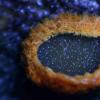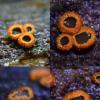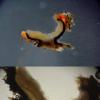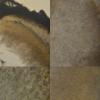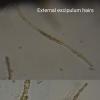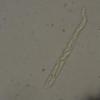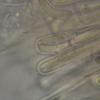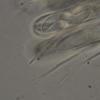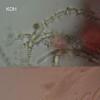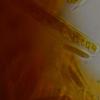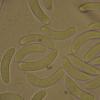
07-02-2023 22:28
Ethan CrensonHello friends, On Sunday, in the southern part of

19-02-2026 17:49
Salvador Emilio JoseHola buenas tardes!! Necesito ayuda para la ident

19-02-2026 13:50
Margot en Geert VullingsWe found this collection on deciduous wood on 7-2-

16-02-2026 21:25
 Andreas Millinger
Andreas Millinger
Good evening,failed to find an idea for this fungu

08-12-2025 17:37
 Lothar Krieglsteiner
Lothar Krieglsteiner
20.6.25, on branch of Abies infected and thickened

17-02-2026 17:26
 Nicolas Suberbielle
Nicolas Suberbielle
Bonjour à tous, Je recherche cette publication :
Perrotia flammea?
Nogueira Héctor,
09-11-2023 17:35
On branch of Betula sp in Argañoso (León) Spain.
The largest specimens barely exceed 1 mm. There is no reaction to the meltzer at the apex of the asci, measured in water: (97.9) 101.4 - 119.2 (126.1) × (7.2) 8.5 - 9.5 (10.4) µm Q = (10.7) 11.3 - 13.2 (15.4) ; N = 13 Me = 109.8 × 8.9 µm; Qe = 12.4 Some spores with a septum are observed, measured in water: (16.4) 17.6 - 21.3 (23.3) × (3.8) 4.1 - 4.7 (5.1) µm Q = (3.6) 3.8 - 5 (5.6) ; N = 51 Me = 19.6 × 4.5 µm; Qe = 4.4
Although everything would point to Perrotia flammea, the size of the spores seems a little big to me, I don't know if it is really significant.
What do you think ?
Thanks and regards!
Hans-Otto Baral,
09-11-2023 17:49

Re : Perrotia flammea?
Yes, perfect. In my compound description I noted for 12-13 collections:
*((9.5–))(12–)13–18(–20)((–24)) {12} × 3–3.6 {4} or 3.7–4.7(–5.2)((–6)) µm {9}
and for five
†(10–)12–17.5 {5} × 3–3.5 {2} or 3.5–4.3(–4.7) µm {3}
Nogueira Héctor,
09-11-2023 17:53
Re : Perrotia flammea?
Perfect! Thank you very much for the help and prompt attention. Greetings!

